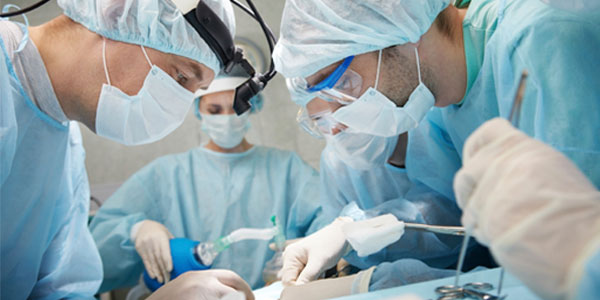The Role Of Plastic Surgery In Trauma Recovery

Plastic surgery, though often associated with vanity, plays a vital role in trauma recovery. It’s key in restoring form and function after traumatic injuries. It’s not just about the East Windsor tummy tuck. It’s about reconstructing normalcy and dignity after a life-altering event. It’s about healing the body along with the mind. In this blog, we delve into this lesser-known, but equally valuable, aspect of plastic surgery.
Understanding Trauma
Trauma can happen anytime. It might be a car accident, a burn, or a blow to the body. This sudden impact can leave scars—both visible and invisible.
Visible Scars and Plastic Surgery
Visible scars can change how we look. They can make us feel less confident. But plastic surgery can help. It can fix the damage caused by trauma. It can rebuild the shape and function of body parts. It can help patients regain their confidence.
Invisible Scars and Plastic Surgery
Invisible scars are the emotional wounds left by trauma. They can lead to anxiety, depression, and even post-traumatic stress disorder. Plastic surgery can help here too. It can boost patients’ self-esteem. It can make them feel normal again. It can help them heal emotionally.
Plastic Surgery vs Traditional Surgery
Many people think traditional surgery is enough. But it’s not. Traditional surgery can fix the function of body parts. But it often ignores the look. That’s where plastic surgery comes in. It restores both function and look. It provides a more comprehensive healing.
| TYPE OF SURGERY | WHAT IT DOES |
| Traditional Surgery | Restores function |
| Plastic Surgery | Restores function and look |
Conclusion
Plastic surgery is more than just vanity. It’s a vital part of trauma recovery. It plays a crucial role in healing both the body and the mind.








